Martin Bucer: Reforming Church and Community
Martin Bucer (1491–1551) was one of the most important sixteenth-century Reformers, who became leader of the Reformed Churches in Switzerland and South Germany after the death of Zwingli. An international team of specialists on Bucer (several of them involved in the new critical edition of his works) highlight his contribution in thought and practice to building the community of the Church - in Strasbourg, but also elsewhere in Europe, and in England, where he spent the last years of his life in Cambridge. The issues raised emphasise Bucer's distinctiveness, as a Reformer of the Church and its ordered life, as well as raising matters of contemporary significance, such as Church-state relations, Protestant–Catholic unity, and tensions between a church of true believers and a 'people's' church.
{{comment.content}}
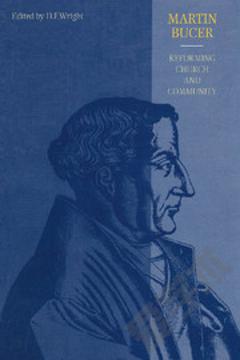

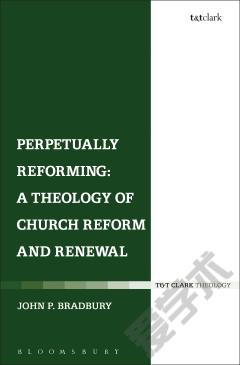

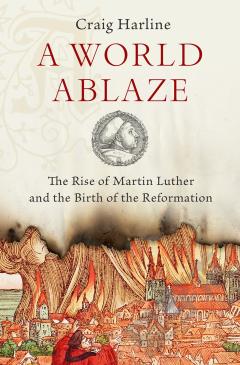
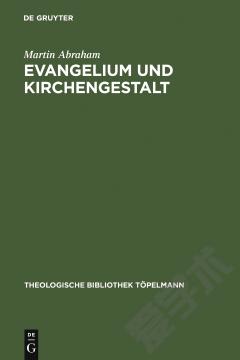
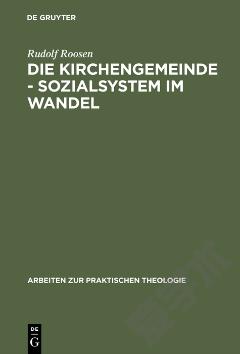

 京公网安备 11010802027623号
京公网安备 11010802027623号